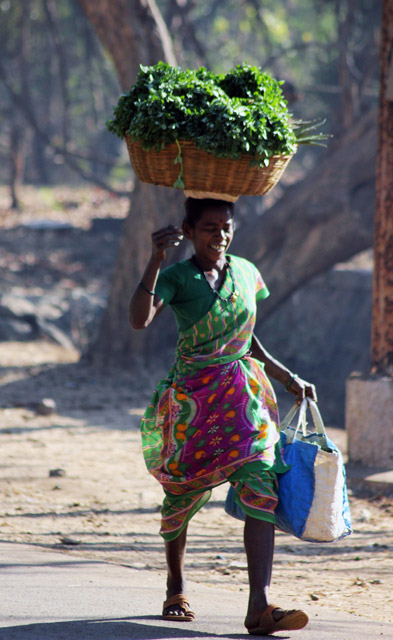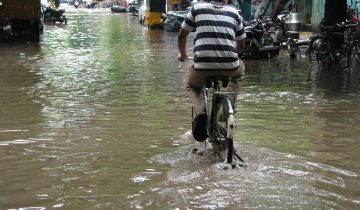Women in India Have Remained Silent For Too Long

What?
Shhh… Can you hear that? Me neither. Women still aren’t speaking up in India to get their place in society. For centuries, women have been seen as inferior and therefore are given less importance in society. Whether it is trying to get justice after being sexually harassed or trying to be a part of the Indian government, they’re always brought down. They have been denied their rights and this will continue until women speak up for themselves.
Why?
A perfect example of this is that politicians in India are ignoring women. Although, India had a female prime minister in 1966, she was the first and only one. The number of female voters in India are slowly and steadily increasing and the number of male voters have remained the same in 50 years. In fact, in 2013, more women voted than men in Chhatisgarh, Rajasthan, and Mizoram. Mukulika Banerjem, author of Why India Votes and an anthropologist at the London School of Economics states, “Women in India are told what to wear, what to cook, what to say, how to behave, where to go. But with voting, there is a very clear sense that this is one instance that they’re able to register their own opinion.” Milan Vaishnav, a political scientist at the Carnegie Endowment for International Peace believes that in a majority of Indian households, men are always the ones who are acquainted with commodity markets and household expenditures, not women. This poor treatment of women can be traced back many centuries. The world’s largest democracy has fewer women in parliament than Pakistan and Afghanistan. However, there are few stories of women and how their success promotes women empowerment.
Who?
One very rare government success story for women’s empowerment was in Kerala. A country that is constantly criticized for not allowing women rights is slowly learning that perhaps something does need to be done. This women’s rights program in Kerala is a great example of how governments can empower women socially and economically.
The program, Kudumbashree, began in 1998 with a few thousand women but now has up to 3.7 million women members. Kudumbashree has become one of the country’s largest women-empowerment projects and has already touched thousands of lives. For example, in Kadakkanad, Geetha Ayyappan says her associates and her feel indebted to Kudumbashree for giving them economic independence.
Programs like Kudumbashree can go a long way in finally leading the road for women empowerment and giving them a voice.
[Image Attribute: Sachin Patekar]





